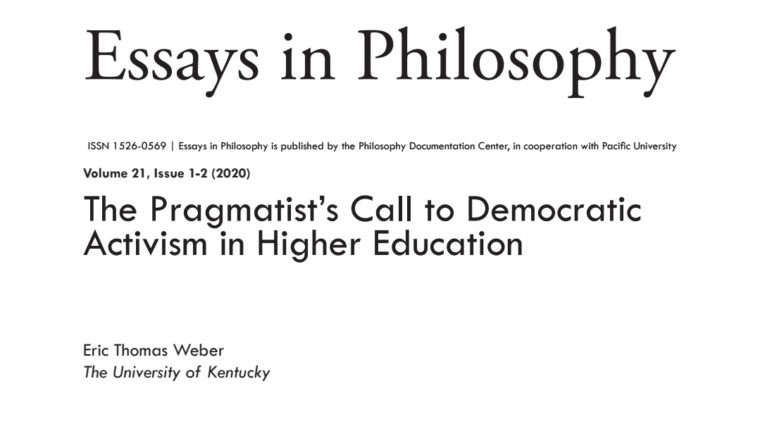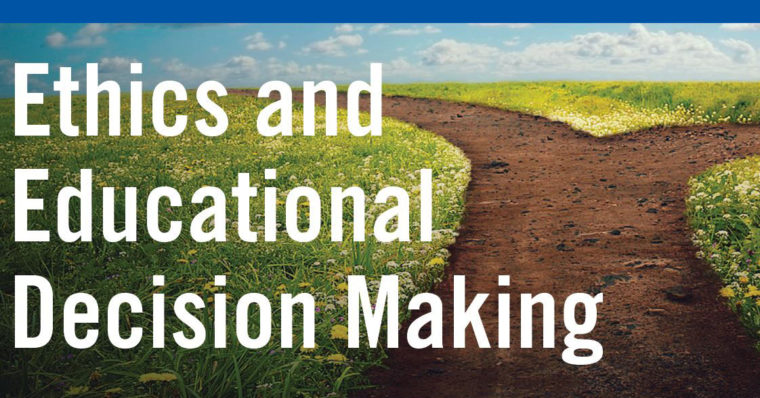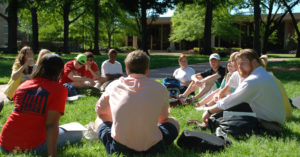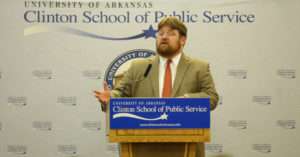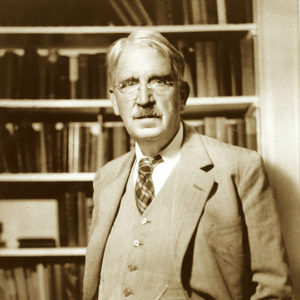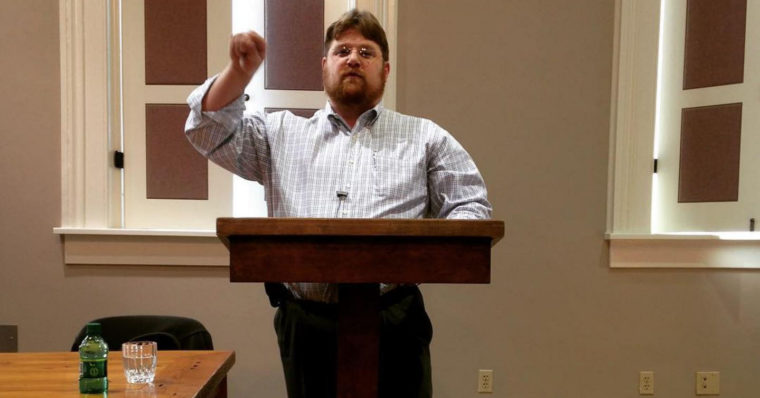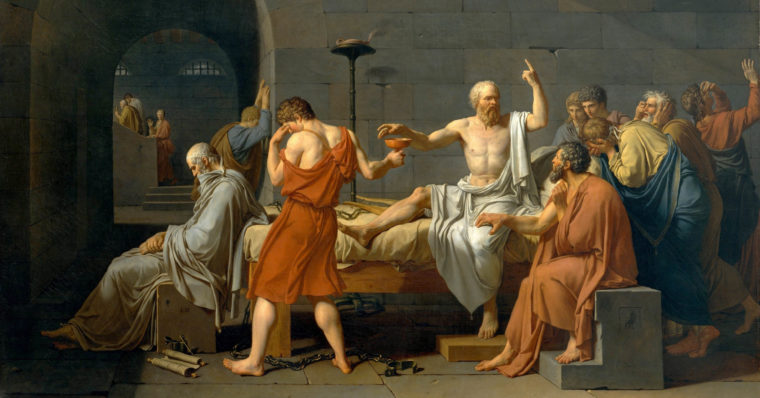At so many colleges and universities, administrators can be checked out and out of touch, or be disaffected pencil pushers. Faculty and their administrators rarely get along well. I am with folks who want to challenge leadership when it’s wrong. At the same time, it’s important to give credit where it is due. On top of that, when there is great leadership, we should recognize it and point it out, especially if we want more of it.

Some fantastic universities can be really poorly run. I recall hearing recently about some foolishness from Emory University’s President. He encouraged compromise in the public sphere with reference to the 3/5ths compromise as his guiding example. It was one of the awful elements of our Constitution. Fortunately, Emory will soon have a new President, who will, I hope, be a bit more thoughtful and wise in his public commentaries.
When I was an undergraduate at Vanderbilt University, I remember hearing about how unhappy many were with the Chancellor there (before Gordon Gee). At SIU, where I got my Ph.D., the university went through a few chancellors while I was there. The last one before I left had plagiarized a big portion of his dissertation. I don’t even remember the name of the Chancellor at Ohio University, where I got my Master’s degree. Coming to the University of Mississippi, therefore, I felt surprised and blessed to meet and watch several great Chancellors who have many times done the right, courageous things to do.
 I had cause to call Chancellor Dan Jones to action and to criticize the administration when a student and I got no response for nearly a year. That said, after we applied some pressure, we got the change that we wanted. Despite that one difficulty, I thought and still think very highly of Chancellor Jones. He made the right, tough decision many times. It’s important to call attention to examples like these. Last semester, he visited my Philosophy of Leadership course, where the students got to ask him questions about our readings, his experience, and what is worth losing one’s job over as a leader.
I had cause to call Chancellor Dan Jones to action and to criticize the administration when a student and I got no response for nearly a year. That said, after we applied some pressure, we got the change that we wanted. Despite that one difficulty, I thought and still think very highly of Chancellor Jones. He made the right, tough decision many times. It’s important to call attention to examples like these. Last semester, he visited my Philosophy of Leadership course, where the students got to ask him questions about our readings, his experience, and what is worth losing one’s job over as a leader.
This morning, a Saturday, I wrote the University of Mississippi’s attorney and copied the Chancellor — presently Acting Chancellor Morris Stocks — about a pressing concern that I had this morning. The cause of my email isn’t the point here. The point is about the response I got. I wrote them at 9 am. In under two hours, I had heard from the university attorney, who answered us both. I then replied with a followup thought, given that feedback. Twenty minutes later, I heard from the Chancellor, who called my thought reasonable and who copied the relevant director at the university on that message. 37 minutes later, I heard from that director that he was going to take care of the issue — a response without a hint of complaint, only with appreciation for the thought and message. A plan was made in under 3 hours, before noon, on a Saturday, to resolve the concern I raised. My head is still spinning over the promptness of the replies I got.
 To understand why this is a big deal, it might help to know a few more things about this little story (admittedly and necessarily short on some details). As an institution, our annual operating budget is just shy of $2 Billion — yes, with a “B.” We have a medical center, Schools of Pharmacy, Journalism, Accountancy, Applied Sciences, Business, and more (I’m in the College of Liberal Arts). I understand that we have over 800 full-time faculty members and we’re growing.
To understand why this is a big deal, it might help to know a few more things about this little story (admittedly and necessarily short on some details). As an institution, our annual operating budget is just shy of $2 Billion — yes, with a “B.” We have a medical center, Schools of Pharmacy, Journalism, Accountancy, Applied Sciences, Business, and more (I’m in the College of Liberal Arts). I understand that we have over 800 full-time faculty members and we’re growing.
Despite that remarkable scale and complexity, I emailed top university leadership and heard from three of them within three hours time on a Saturday. The is ball rolling towards resolution of my concern. I had to take a moment to reflect on how lucky I am to be at an institution in which that could happen. There is good reason why the university is bursting at the seems with enrollment growth, fundraising, and increases in all of the right numbers, despite our share of setbacks and ugly moments. Some places have decreasing enrollment and some small schools are even shutting down as a result. By contrast, the University of Mississippi is growing. Even our tough moments, like election night 2012, offer opportunities for growth, like the candlelight vigil that was the subject of the cover photo for my recent book, Uniting Mississippi:

When there are reasons and ways in which we need to change, I’ll be among the first to encourage us to do so. I presently try to do that on a regular basis as it is. Today, I feel compelled to call attention to how responsive my university leadership has just been. Bad leadership would ignore some complaining professor’s email, especially on a Saturday. What can’t wait until Monday?
That’s not the response I got. At least one university has great leadership.

